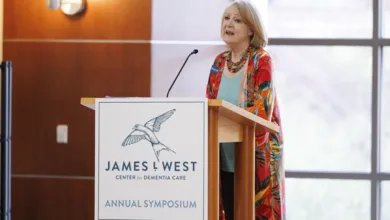Guarding Our Time and Energy

When I watch my two-year-old grandson play, I admire the way he is entirely into the moment. There are no deadlines to meet, no bucket lists to complete, and no return calls to make.
For him, there is only now.
Once upon a time, we all had his ability to ruminate without distraction. Our time horizons were perceived as open-ended, and the tomorrows stretched infinitely. But, as the years go by, we must admit the road behind us is now longer than the road ahead of us. This revelation can alter how we prioritize our time and energy.
Many of us begin to realize what was once considered easy may not be as such, anymore, and that may fill us with trepidation. This is our subconscious mind’s way of helping us understand there are certain things we either cannot or should not do, anymore.
As adults, our days are filled with a plethora of moment-to-moment decisions that shape our life course. But, as we age, many of our choices can be traced back to a subconscious prioritization of our time and energy.
For example, we decide not to climb that stepstool to get to the top shelf, so we stay safely on the ground. We choose oatmeal instead of cereal, because it gives us more energy. And we decide to sign up for volunteering only on Tuesdays, because we want more time with the grandchildren. These wise choices keep us from harm, and help maximize both our time and energy.
If we so choose, we can also consciously modulate our decision-making so as to add more value to the time we have.
First, choosing to deepen the close relationships we already have, instead of seeking new ones, prioritizes our thought processes in favor of quality, not quantity, of commitments. This decrease of social networking frees up time and expendable energy, both of which can be invested into those whom we already love and respect.
Second, we should allow ourselves to say “no” to some commitments, and focus, instead, on those that are most meaningful to us. Rather than volunteering at multiple places or organizations, donate your time on the one or two that give you the most meaning.
This type of thinking helps us separate activities we are capable of doing, but don’t necessarily enjoy, from the ones that actually bring us happiness and purpose.
Granting ourselves permission to lower our own social expectations allows us to enjoy random moments, invest in group-related sharing of stimulating subject matter, or seek answers solely for self-fulfillment.
We need not continue to push ourselves to be somebody else, or even to complete lifelong goals and expectations.
We can allow ourselves just to be. Maybe a young grandchild’s way of being fully in the moment has merit that we should emulate.





